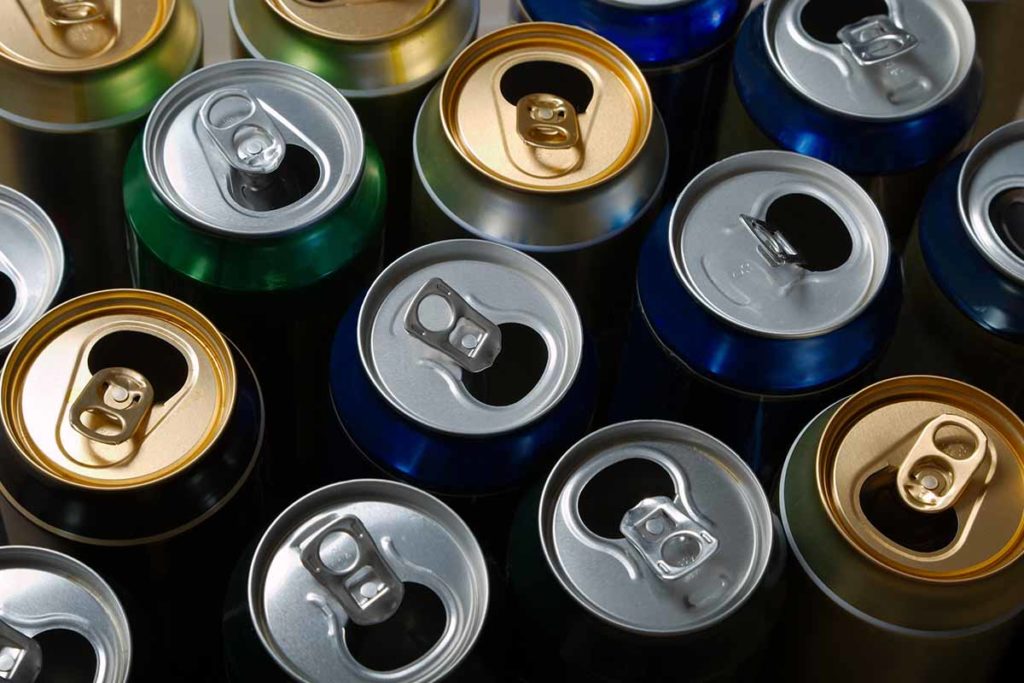Social gatherings, bars, and colleges: what do these all have in common? These all are places where drinking alcohol is commonplace. In these places, you’ll have people who can be social drinkers, some who might be giving in to the social pressure to drink, and people who drink on occasion (not every social event). However, you’ll also have people who drink on every occasion and tend to drink excessively. What is binge drinking? This is a dangerous drinking pattern that is characterized by consuming large amounts of alcohol in a short period of time. Those who participate in binge drinking put their health and safety at risk. However, an alcohol addiction treatment program can help people recover and avoid future risks.
What Is Binge Drinking?
Binge drinking is the act of drinking excessively. This type of drinking is one of the most common forms of extreme alcohol misuse that occurs when men drink five or more drinks in two hours or when women drink four or more drinks in that same time frame.
While binge drinking is dangerous at any age, it is especially harmful to young adults. Binge drinking when the brain isn’t fully developed yet can cause serious damage. For example, it could:
- Cause the prefrontal cortex (the part of the brain that controls decision-making) to be weaker than usual
- Damage the hippocampus (how people learn and remember things)
- Lead to risky behaviors such as violence
Consequences of Binge Drinking
Binge drinking comes with serious health issues. Even one episode of binge drinking can shut down one’s immune system and lead to inflammation of the pancreas. Binge drinking can also affect the liver. Excessive drinking can lead to cirrhosis, a disease that makes the liver develop scar tissue when it heals itself. This can be life-threatening as the damage done by cirrhosis can’t be undone. Some of the other health risks associated with binge drinking include:
- Brain damage
- Stroke
- High blood pressure
- Heart disease
- Cancer
- Liver disease
- Fertility problems
- Ulcers
- Digestive issues
Binge Drinking vs. Heavy Alcohol Use
Binge drinking and heavy alcohol use are technically two different issues. While binge drinking is defined as drinking that puts a person’s BAC at 0.08% or higher (about five or more drinks for males or four or more for females in two hours, though it depends on the person), heavy alcohol use is defined as drinking more than four drinks per day every day for males and more than three every day for females. Both of these increase a person’s risk for alcohol use disorder AUD).
Types of Treatment for Binge Drinking Available in Mississippi
There are several different types of treatment for AUD. One of the most common forms of treatment is the 12-step approach, also called Alcoholics Anonymous (AA). The 12-step approach is a faith-based style of treatment where the person starts by admitting their former powerlessness over the alcohol, asking God or a higher power for help, and sharing the message with other people struggling with alcohol addiction.
There are also forms of therapy that can help as well. A common form of therapy is cognitive-behavioral therapy (CBT). CBT is a form of therapy where the goal is to identify the reasons why a client may start drinking. CBT can teach coping skills and encourages changing how a person thinks. For example, a client may learn that stress and change trigger their binge drinking. In CBT, a therapist will examine those feelings further and help the client come up with different coping strategies. CBT has no risk, but it can be uncomfortable. Clients will have to examine themselves and why they have this problem with alcohol and will typically be assigned “homework.” In terms of CBT, “homework” is doing exercises when out of the therapy session.
Doing these exercises will help clients in the long run as opposed to only practicing them with their therapists. Marital and family counseling are helpful forms of treatment as well. These forms of treatment can help with rebuilding trust with a spouse and with the whole family. The family may not know what to do or how to help with a client’s treatment, and they might feel resentment toward their family member. These forms of therapy air out grievances and can be the starting point for rebuilding trust.
Woodland Recovery Center Mississippi Can Help You Break Free from Alcohol Addiction
Recovery can be tough, but so are you. At Woodland Recovery Center Mississippi, we are committed to giving you or your loved one the treatment they deserve for binge drinking. We understand how difficult it can be to detox from alcohol and deal with withdrawal symptoms. Lasting, sustainable recovery is possible—and we can help you get there. Reach out at 662.222.2989 today to get started.



